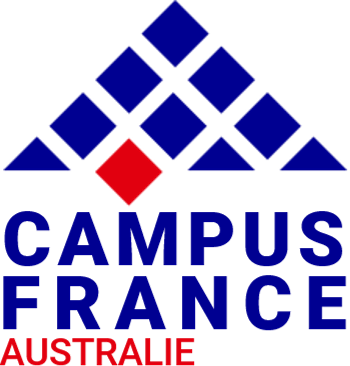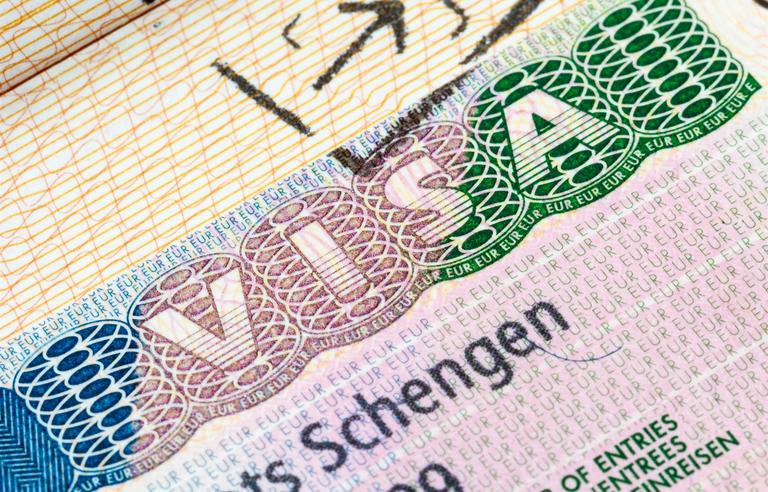France offers high-quality, affordable education. For both French and foreign students, the government subsidises tuition fees in higher public institutions.
Affordable Education (Even for International Students!)
Studying in France means having access to quality academic programs open to most people. The real cost of the degree is similar to anywhere else in the world (about 10,000€ per year for a Bachelor's and 14,000€ for a Master's). However, the French government subsidises 2/3 of the cost for all international students in public institutions.
Tuition fees for foreign students in public institutions
In 2018/2019, tuition fees in French public institutions to obtain a French degree were:
- 2,770 euros per year for a Licence/Bachelor,
- 3,770 euros per year for a Master’s,
- 3,770 euros per year for a PhD.
Tuition fees for local students
- Students who are nationals of a member country of European Union, the European Economic Area, Andorra or Switzerland;
- Students who are Canadian nationals with a residence in Quebec, in accordance with France-Quebec agreements;
- Foreigners with the status of resident in France or in the European Union, and foreign students living in France for private life and family reasons;
Tuition fees for the 2019/2020 academic year were:
- 170 euros per year for a Licence/Bachelor,
- 243 euros per year for a Master’s,
- 601 euros per year for Engineering programs,
- 380 euros per year for a PhD.
Exceptions
- The schools of engineering operated by the Ministry of Defense (ENSTA Paris Tech, ISAE, Polytechnique), the Ministry of the Economy (Mines Paris Tech, the schools of the Institut Mines Telecom), and the Ministry of Agriculture (AgroParisTech, Montpellier Sup Agro) have different tuition charges. Check the rates on the websites of the schools that interest you.
- You may also be subject to examination fees when applying to schools of engineering.
Tuition fees fully waived, if
- Students coming to France as part of a partnership between universities (study abroad program, for example), including students who are not nationals of a EU country;
- Refugee students or those benefiting from subsidiary protection are naturally exempted.
- Holders of a scholarship from the French government or benefiting from an exemption of registration fees. Universities may also grant scholarships or tuition waivers.
For more information about higher education institutions and tuition fees, have a look to the Campus France Paris page, here.





















